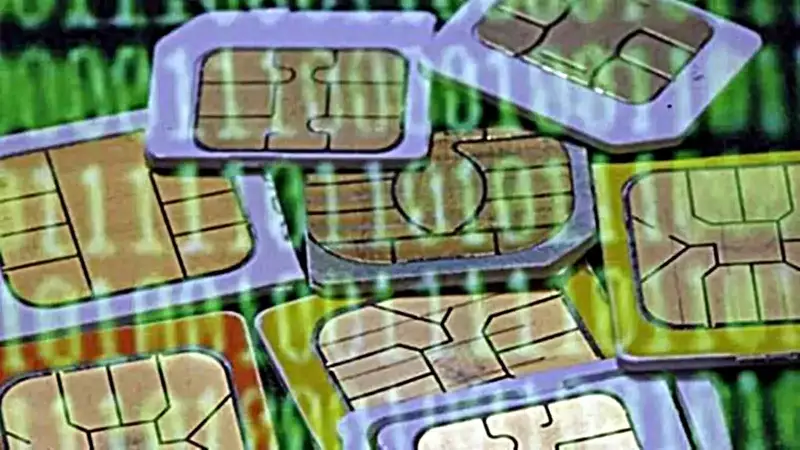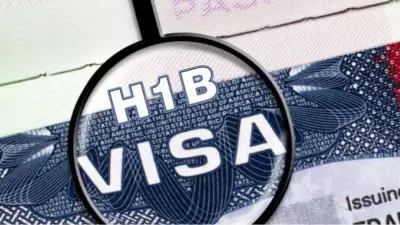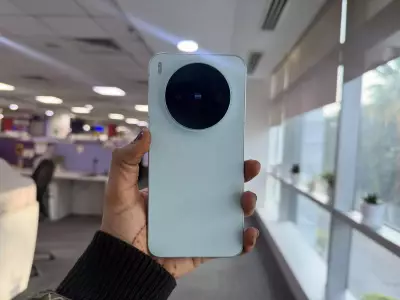
In a major breakthrough that exposes critical vulnerabilities in India's digital identity system, Jaipur Police has dismantled an elaborate gang that successfully sold over 50,000 SIM cards using forged identification documents across multiple states.
The Mastermind Behind the Operation
Police authorities have identified the kingpin as Mukesh Jat, a 28-year-old resident of Jaipur who orchestrated this sophisticated racket. The gang's modus operandi involved creating counterfeit Aadhaar cards that appeared genuine enough to bypass verification processes at mobile stores.
How the Elaborate Scam Worked
The operation followed a carefully planned process:
- Document Fabrication: The gang specialized in creating high-quality fake Aadhaar cards using advanced printing technology
- Distribution Network: They established connections with mobile store owners across Rajasthan, Uttar Pradesh, and Delhi
- Bulk Sales Strategy: Each fake SIM card was sold for ₹200-300, generating massive illegal profits
- Anonymity Maintenance: The gang used these fake SIMs for their own criminal activities while selling the majority to other fraudsters
The Investigation Breakthrough
Special Task Force (STF) officials revealed that the investigation began when intelligence agencies noticed suspicious patterns in SIM card registrations. "We tracked multiple SIM cards registered to the same photographs but with different personal details," explained a senior police officer.
Evidence Seized
During raids conducted in Jaipur's Jhotwara area, police confiscated:
- High-end computers and printers used for document forgery
- Hundreds of partially completed fake Aadhaar cards
- Financial records showing transactions worth lakhs of rupees
- Multiple mobile phones containing customer data and dealer contacts
National Security Implications
This case highlights serious concerns about India's KYC (Know Your Customer) verification system. With over 50,000 fake SIMs circulating in the market, the potential for misuse in terrorism, organized crime, and financial fraud is enormous.
"Each fake SIM represents a potential tool for criminal activity that cannot be traced back to the actual user," emphasized cybersecurity expert Dr. Priya Sharma. "This isn't just about financial fraud—it's a national security threat."
Industry Response and Preventive Measures
Telecom companies have been alerted about the security breach and are implementing additional verification measures. The Department of Telecommunications (DoT) is considering introducing biometric verification for all SIM card purchases, similar to the process used for obtaining new connections.
Police authorities advise citizens to regularly check their KYC details through telecom providers' apps and immediately report any discrepancies. The investigation continues as authorities work to identify all individuals involved in this nationwide racket.





